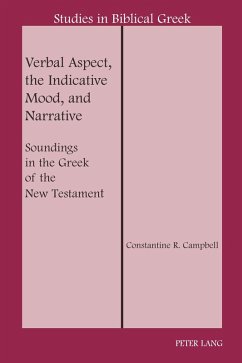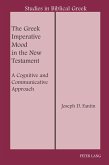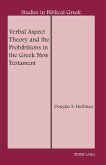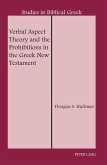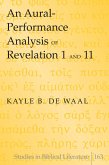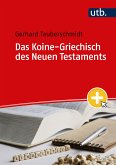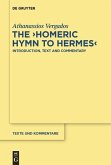Dieser Download kann aus rechtlichen Gründen nur mit Rechnungsadresse in A, B, BG, CY, CZ, D, DK, EW, E, FIN, F, GR, HR, H, IRL, I, LT, L, LR, M, NL, PL, P, R, S, SLO, SK ausgeliefert werden.
«Campbell's well-conceived and clearly written work is no mere rehashing of previous research. Rather, it is an original contribution to a difficult linguistic problem. Moreover, Campbell shows an impressive control of both primary and secondary sources. Although the subject matter will continue to prove controversial, this volume advances the discussion in a significant way and deserves careful attention.» (Moisés Silva, Former Professor of New Testament, Westminster Theological Seminary and Gordon-Conwell Theological Seminary)

